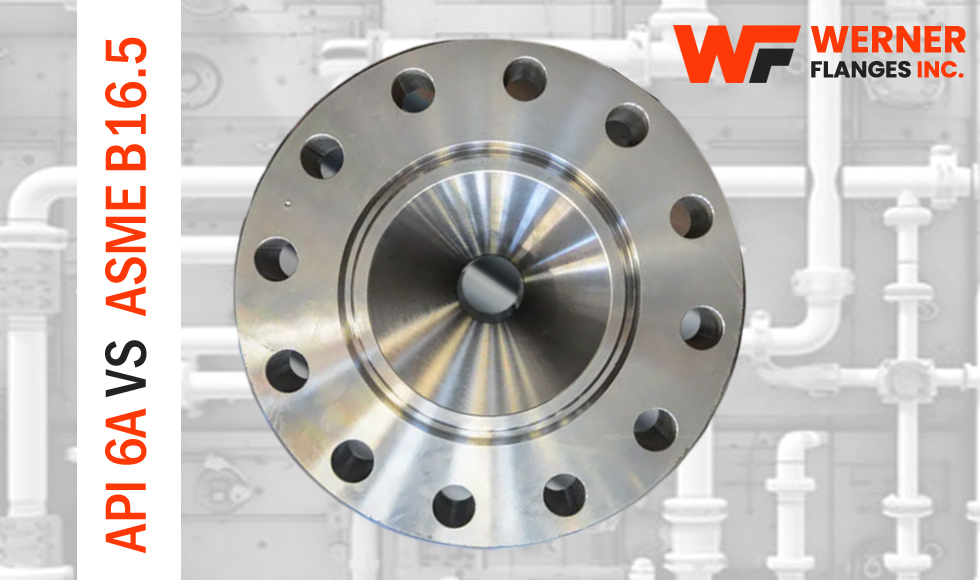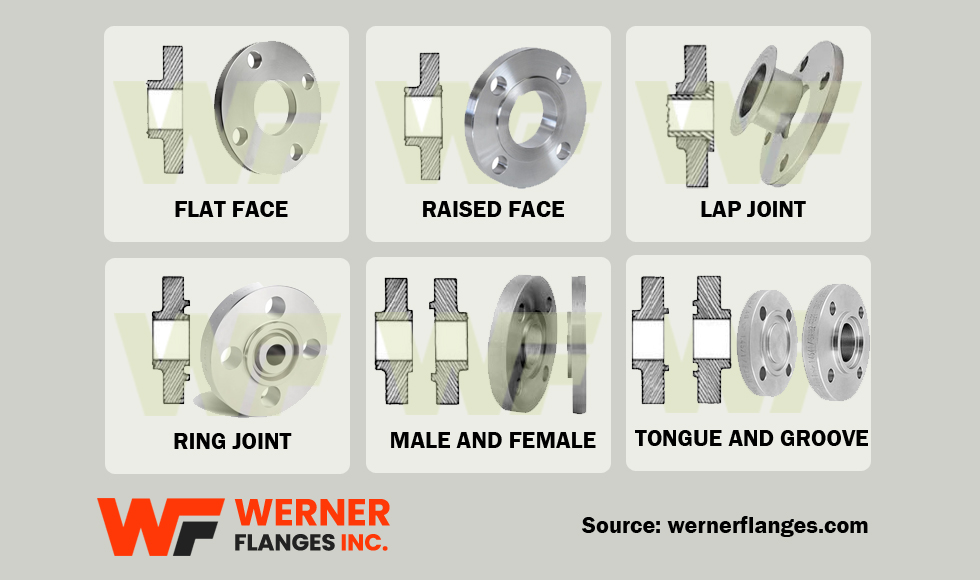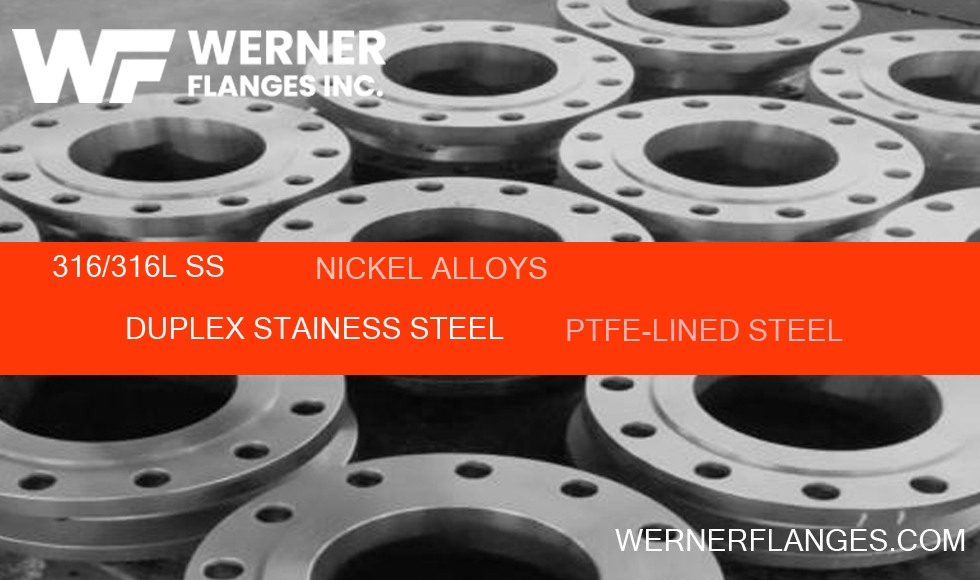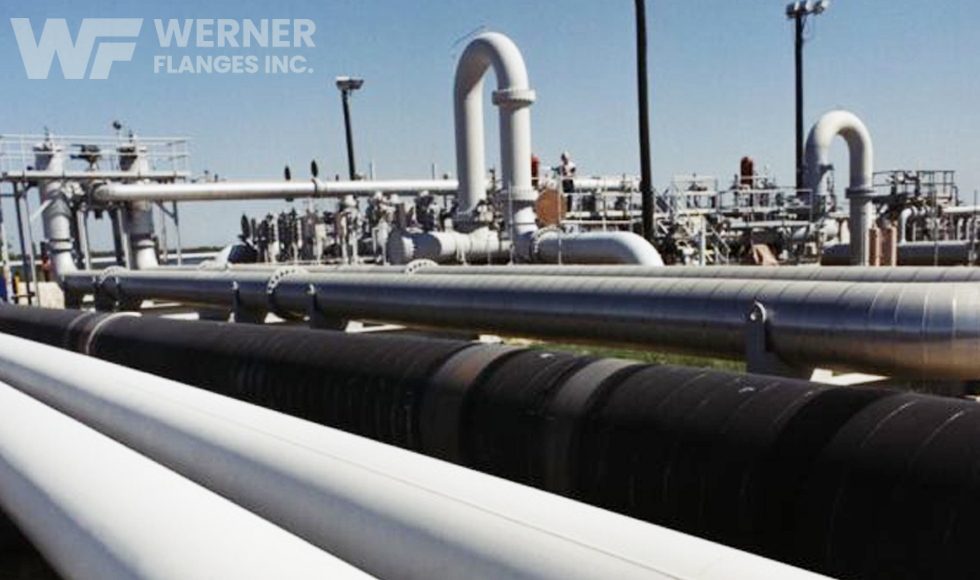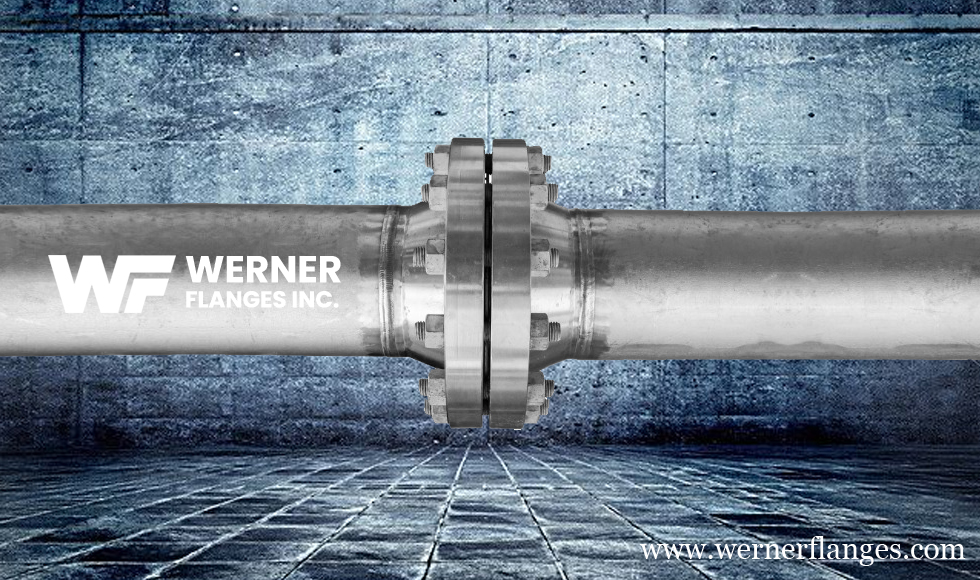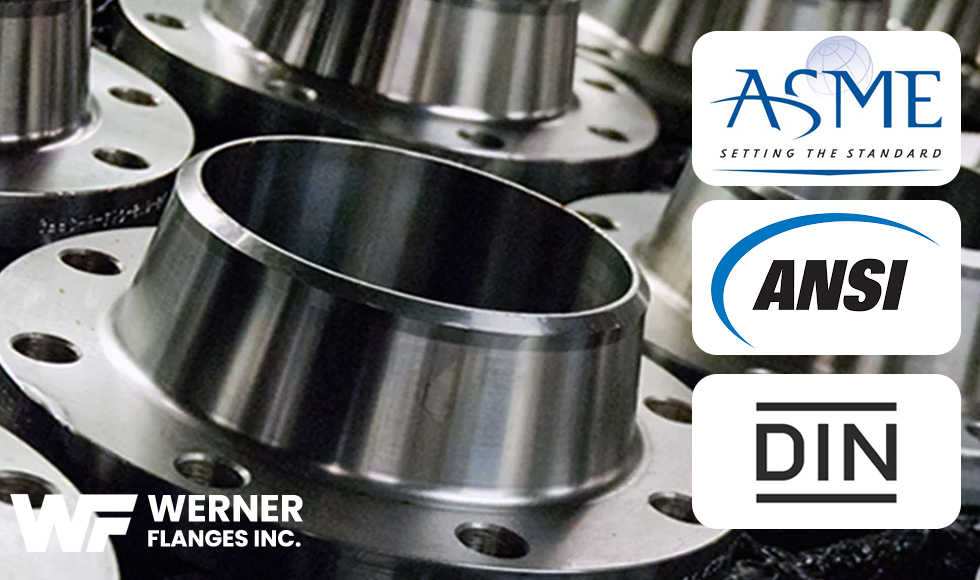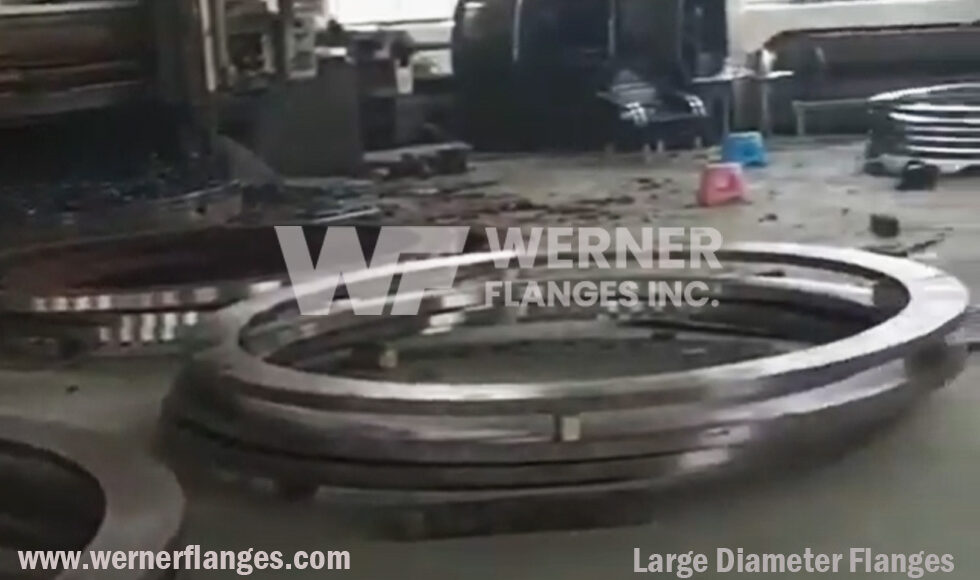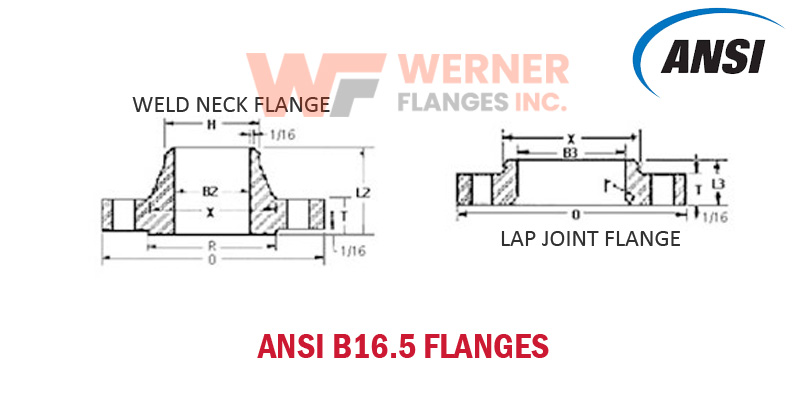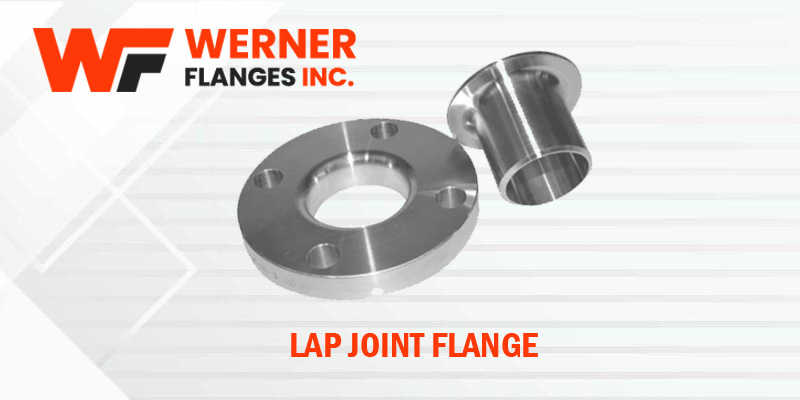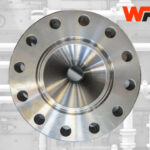When it comes to oil and gas pipeline systems, selecting the right flanges is critical for ensuring safety, durability, and performance. Two of the most widely recognized standards in the industry are API 6A and ASME B16.5, each serving different applications and pressure requirements. At Werner Flanges Inc., we specialize in high-quality flanges that meet...
Flange faces serve as the critical contact surfaces for seating gasket materials in piping systems, ensuring secure and leak-proof connections between components like pipes, valves, and pumps. Standards such as ASME B16.5 and B16.47 outline various types of flange facings, including raised face, ring-type joint, tongue and groove, and male-female configurations. Each type is designed...
In chemical processing environments, the selection of appropriate pipe flanges represents a critical engineering decision with significant implications for operational efficiency, maintenance costs, and system longevity. Corrosion-resistant pipe flanges serve as essential components in preventing leakage and maintaining structural integrity within piping systems exposed to aggressive chemical environments. This comprehensive analysis examines various corrosion-resistant materials...
In the demanding environment of oil and gas operations, the integrity of piping systems is non-negotiable. Pipe flanges serve as critical connection points throughout these systems, bearing the responsibility of maintaining leak-tight seals under extreme pressures, temperatures, and corrosive conditions. The selection, installation, and maintenance of these seemingly simple components can mean the difference between...
In the industrial sector, proper pipe flange installation isn’t just about following procedures—it’s about protecting your bottom line. Even minor mistakes can lead to costly leaks, unplanned downtime, and premature system failures. For facilities managers, maintenance teams, and procurement specialists, understanding these common pitfalls is essential for maintaining operational efficiency. At Werner Flanges Inc., we...
Standardization is crucial in the field of industrial pipe systems to guarantee dependability, safety, and compatibility across international supply chains. The dimensions, pressure ratings, materials, and testing requirements of pipe flanges are determined by a number of international standards. To choose the best flange for your particular application, engineers, procurement specialists, and maintenance personnel must...
Pipe flanges are critical components in piping systems, used to connect pipes, valves, pumps, and other equipment. They ensure leak-proof connections and allow for easy maintenance and assembly. However, not all flanges are created equal. One of the most important factors to consider when selecting a flange is its pressure rating, often referred to as...
In the world of industrial piping systems, flanges play a critical role in connecting pipes, valves, pumps, and other equipment to form a robust and leak-proof network. Among the various types of flanges available, Large Diameter Flanges stand out as essential components for heavy-duty applications in industries such as oil and gas, petrochemicals, power generation,...
Flanges are essential for making safe, leak-proof connections between pipes, valves, pumps, and other equipment in piping systems. ANSI B16.5 is one of the most well-known and often utilized standards for flanges in industries across the globe. This blog post will assist you in comprehending the essential features of ANSI B16.5 flanges, regardless of your...
Flanges are integral components in piping systems, serving as connectors for pipes, valves, pumps, and other equipment. Among the various types of flanges, the Lap Joint Flange stands out due to its unique design and functionality. This article delves into the intricacies of Lap Joint Flanges, exploring their design, applications, advantages, and installation procedures. As...

